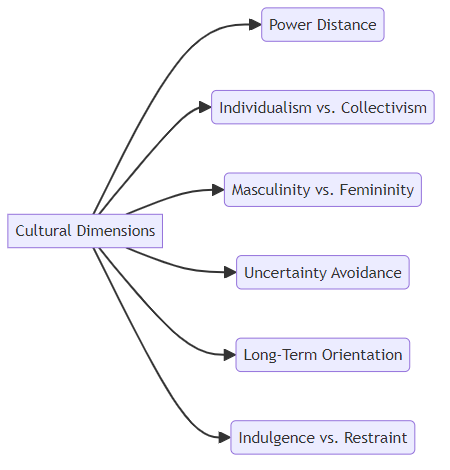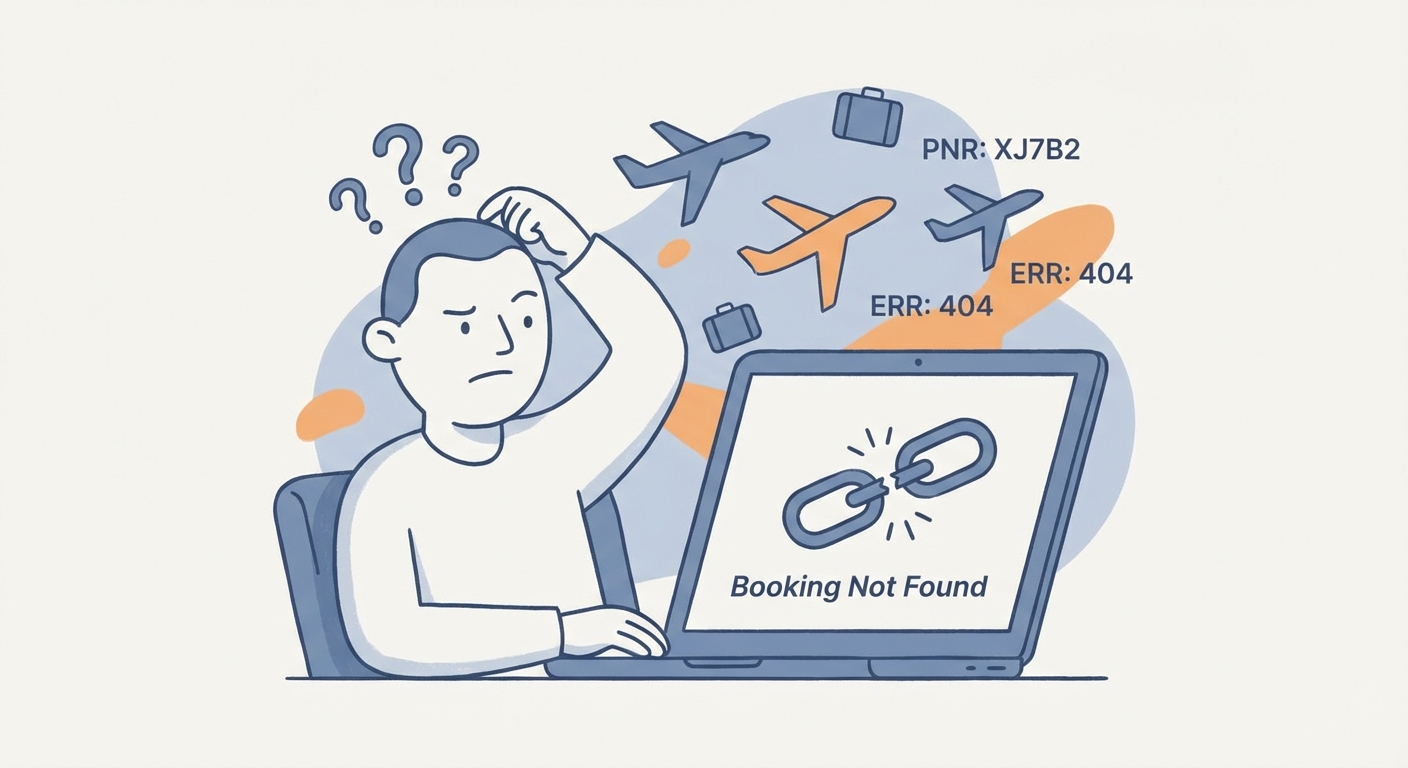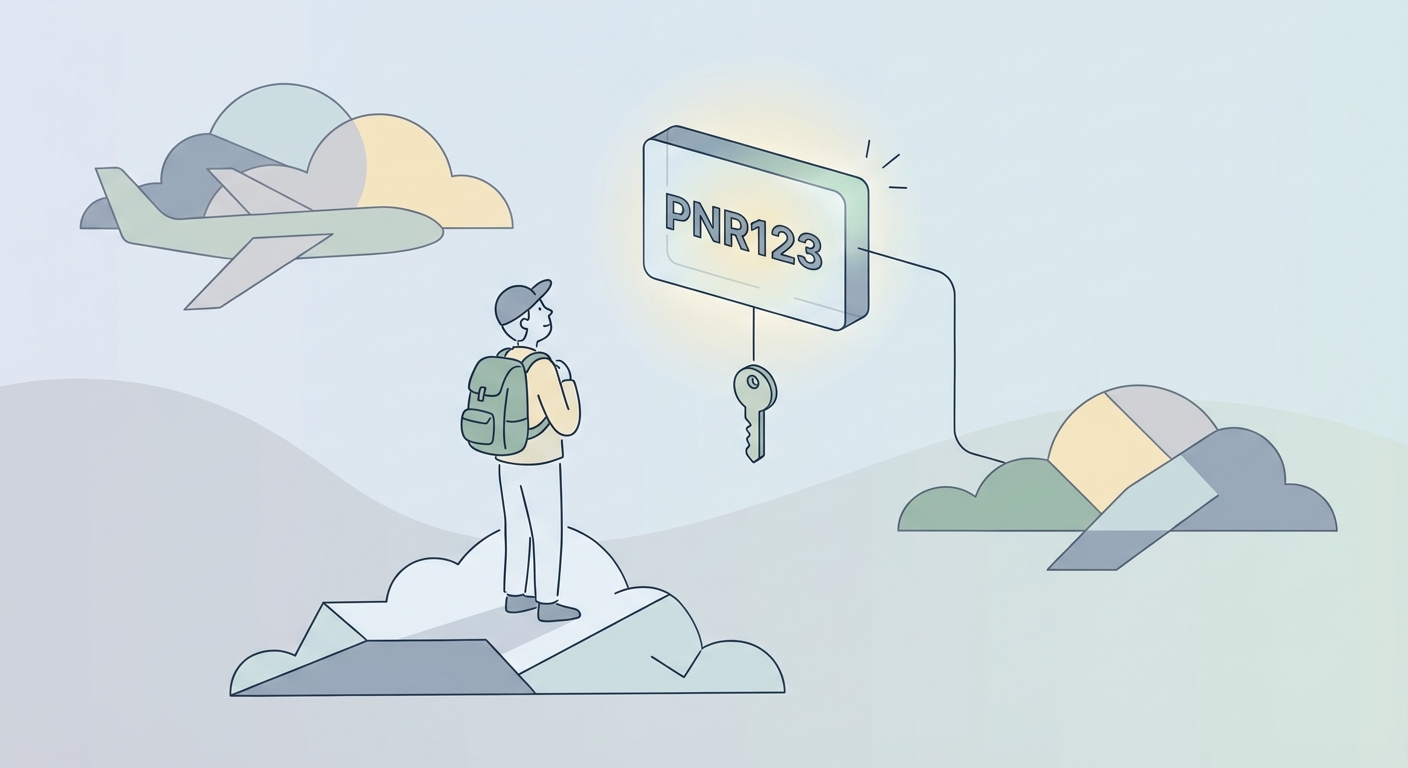Unlock Global Adventures: Cross-Cultural Communication Training for Travel Professionals
The Critical Need for Cross-Cultural Communication in Travel
Did you know that miscommunication costs companies with 100 or more employees an average of $420,000 per year? (Source: RedeApp) As the travel industry becomes increasingly global, cross-cultural communication is no longer a luxury, but a necessity. Let's explore why this skill is so vital for travel professionals.
The rise in international travel means that travel professionals regularly interact with people from various cultural backgrounds. They act as cultural ambassadors, helping travelers navigate unfamiliar customs and resolve unexpected issues. Understanding cultural nuances is essential for creating positive travel experiences.
As Sharon Schweitzer J.D., a certified intercultural trainer, notes, in today's decentralized organizations, the ability to collaborate cross-culturally is a business imperative. (Source: Protocol Worldwide)
The global travel market is interconnected. Travel agents, tour operators, and hospitality staff must work together across borders. Effective communication ensures smooth operations and satisfied customers.
Cultural misunderstandings can negatively impact customer satisfaction. For example, different cultures have varying expectations regarding personal space, directness, and levels of formality. Communication breakdowns can lead to travel mishaps, causing frustration and damaging a company's reputation.
Miscommunication can also damage business relationships with international partners. Trust and rapport are built on clear and respectful communication. Overlooking cultural differences can lead to misunderstandings that jeopardize partnerships and business deals.
When travel professionals communicate effectively across cultures, customer loyalty increases. Positive reviews and word-of-mouth referrals are more likely when travelers feel understood and respected. Strong relationships with global suppliers and partners are built through consistent, clear communication. This leads to more reliable service and better deals.
Increased business opportunities in international markets are a direct result of effective cross-cultural skills. Investing in cross-cultural training for employees positions travel companies better to succeed in the global marketplace.
Core Components of Cross-Cultural Communication Training
Did you know that about 70% of communication is non-verbal? (Source: CWT) To ensure travel professionals are well-equipped to navigate the complexities of global interactions, cross-cultural communication training focuses on several core components. These components help build bridges of understanding and create exceptional travel experiences for all.
Training programs often begin with an exploration of cultural values and dimensions. One widely recognized framework is Hofstede's Cultural Dimensions, which includes power distance, individualism versus collectivism, masculinity versus femininity, uncertainty avoidance, long-term orientation, and indulgence versus restraint. Understanding these dimensions helps travel professionals anticipate how cultural values might influence communication styles and expectations.
For example, in cultures with high power distance, travelers might expect more deference toward authority figures, while in individualistic societies, they might value direct and assertive communication.

Another key component is the study of verbal and non-verbal communication nuances. Active listening is crucial, ensuring travel professionals hear and understand the intended message, not just the words spoken. Decoding non-verbal cues, such as gestures, body language, and eye contact, is equally important. These cues can vary significantly across cultures, and misinterpreting them can lead to misunderstandings.
Cross-cultural communication training also provides strategies for overcoming communication barriers. This includes dealing with language differences through translation tools or interpreters. Participants learn to address cultural biases and stereotypes, fostering a more open and respectful environment. Training also covers techniques for managing conflict and resolving misunderstandings that may arise due to cultural differences.
These core components provide a solid foundation for travel professionals to communicate effectively across cultures.
With a strong grasp of these core components, travel professionals are better prepared to handle the unique challenges of cross-cultural communication.
Tailoring Communication for Specific Travel Scenarios
Cultural differences significantly impact how customers perceive service quality. Travel professionals must tailor their communication to resonate with diverse audiences and ensure seamless experiences.
Adapting service styles is crucial. For example, in some cultures, direct eye contact shows sincerity, while in others, it may be seen as disrespectful. Understanding these nuances enables travel professionals to build rapport and provide personalized service.
- Adapt service styles to meet diverse customer expectations.
- Handle complaints and resolve issues with cultural sensitivity.
- Build rapport and trust with international clients.
Successful negotiations hinge on understanding cultural norms. Some cultures value directness and efficiency, while others prefer building relationships and trust before discussing business. Being aware of these differences helps travel professionals navigate negotiations effectively and avoid misunderstandings.
- Understand negotiation styles in different cultures.
- Build consensus and reach mutually beneficial agreements.
- Avoid cultural faux pas during business dealings.
Travel professionals play a key role in shaping travelers' experiences. Providing culturally appropriate advice, such as customs and etiquette, enhances their journeys. Addressing safety concerns with sensitivity also builds trust and ensures a positive experience.
- Provide culturally appropriate travel advice and recommendations.
- Address safety and security concerns with sensitivity.
- Promote responsible and respectful tourism practices.
Tailoring communication for specific travel scenarios ensures customer satisfaction and builds strong relationships.
Practical Training Methods and Resources
Hands-on training can significantly boost the effectiveness of cross-cultural communication programs. Let's dive into some practical methods and resources that equip travel professionals with the skills they need.
Role-playing and simulation exercises provide a safe space to practice communication skills in realistic travel scenarios. Travel professionals can simulate interactions with travelers from different cultural backgrounds, addressing common issues such as lost luggage, dietary restrictions, or navigating local customs. This helps them learn how to adapt their communication style to different cultural norms.
Constructive feedback is a key element of these exercises. Participants receive guidance on their performance, identifying areas for improvement in their verbal and non-verbal communication.
These simulations enhance confidence by allowing travel professionals to experience diverse cultural interactions firsthand. For example, a simulation might involve handling a complaint from a traveler who has different expectations regarding customer service, or assisting a group with unique cultural traditions.
Analyzing real-life case studies offers valuable insights into cross-cultural communication successes and failures. Travel professionals can examine situations where cultural misunderstandings led to problems and discuss how these issues could have been avoided. Sharing personal experiences and best practices among team members fosters a collaborative learning environment.
Group discussions encourage critical thinking and problem-solving skills. Participants can brainstorm solutions to complex cross-cultural challenges, such as managing conflicts between travelers from different backgrounds or addressing cultural sensitivities during tours.
A wealth of online resources is available for cross-cultural communication training. Platforms like Coursera offer a variety of courses and specializations focused on intercultural competence. UniversalClass provides a "Fundamentals of Cross-Cultural Communication" course.
Equipping travel professionals with these skills ensures smoother interactions and happier travelers.
Measuring the ROI of Cross-Cultural Communication Training
Cross-cultural communication training can really pay off, and measuring the return on investment (ROI) helps travel companies understand the true value of their investment.
One way to measure ROI is by tracking customer satisfaction and feedback. Use surveys and reviews to gauge if the training improved customer experiences. Look for specific comments about better understanding or more personalized service.
Did communication improvements lead to positive outcomes? Identify areas where customers specifically mention feeling more understood or respected. Monitor online reputation and social media sentiment to see if positive mentions increase after the training.
For example, a cruise line could survey passengers before and after training their staff. If the "overall satisfaction" score increases by 15%, this is a tangible benefit.
Measuring increases in international sales and partnerships provides another perspective. Evaluate improvements in employee retention and engagement, as skilled employees are more likely to stay with a company that invests in their development. Assess the overall impact on profitability and market share in international markets.
A tour operator might see a 20% rise in bookings from Asian countries after training staff on Asian cultural norms. This direct increase in revenue demonstrates a clear ROI.
Encourage employees to reflect on their communication skills and cultural awareness. Incorporate cross-cultural competence into performance evaluations. Provide ongoing support and development opportunities to reinforce the training.
For instance, a hotel chain can track the number of customer complaints related to cultural misunderstandings. A significant drop in complaints after training shows improved employee performance.
By monitoring these metrics, travel companies can gain valuable insights into the effectiveness of cross-cultural communication training. This data-driven approach justifies the investment and helps refine future training efforts.
Future Trends in Cross-Cultural Communication for Travel
The future of cross-cultural communication in travel is rapidly evolving. As technology advances and the world becomes increasingly interconnected, travel professionals must adapt to new trends to provide exceptional experiences.
Technology plays a crucial role in overcoming cultural barriers.
- ai-powered translation tools enable real-time communication, breaking down language barriers. These tools can translate spoken or written text, facilitating smoother interactions between travel professionals and international travelers.
- Virtual communication platforms make it easier to connect with colleagues and customers across the globe. Video conferencing and messaging apps allow for face-to-face interactions, fostering a sense of personal connection despite geographical distance.
- Mobile apps provide travelers with instant access to cultural information and etiquette guidelines. These apps can offer tips on local customs, appropriate greetings, and potential cultural faux pas, enhancing travelers' understanding and respect for different cultures.
Sustainable and responsible travel is gaining importance.
- Promoting cultural sensitivity and respect for local communities is essential. Travel professionals can educate travelers about the importance of respecting local traditions, supporting local businesses, and minimizing their environmental impact.
- Encouraging ethical and sustainable tourism practices ensures that travel benefits local communities and preserves cultural heritage. This includes promoting eco-friendly accommodations, supporting local artisans, and respecting cultural sites.
- Supporting local businesses and initiatives helps preserve cultural heritage. By partnering with local tour operators, restaurants, and artisans, travel professionals can contribute to the economic well-being of local communities and promote authentic cultural experiences.
Continuous learning and adaptation are key to staying ahead.
- Ongoing cross-cultural training and development is essential for travel professionals.
- Staying informed about emerging cultural trends and communication styles helps travel professionals adapt their approach to meet the evolving needs of travelers. This includes monitoring social media, attending industry events, and engaging with cultural experts.
- Fostering a culture of inclusivity and respect within travel organizations ensures that all employees feel valued and supported. This can lead to better customer service and stronger relationships with international partners.
Travel professionals who embrace these trends will be well-equipped to thrive in an increasingly globalized world.
Plan Your Adventure with Gotriply
Ready to turn your travel dreams into reality? Gotriply uses ai to craft unique adventures, ensuring every trip is unforgettable.
Gotriply crafts personalized itineraries using advanced ai. We tailor activities, attractions, and local experiences to match your preferences. This ensures a trip that resonates with your individual tastes.
Our platform highlights cultural immersion and authentic interactions. You'll discover hidden gems and local experiences that go beyond typical tourist spots.
Explore destinations with a focus on genuine cultural exchange. This approach transforms ordinary travel into a meaningful journey.
Uncover hidden cultural sites and adventures off the beaten path. You'll experience destinations like a local, not just a tourist.
Connect with local guides and artisans for unique experiences. These personal connections add depth and authenticity to your journey.
Support sustainable tourism initiatives that benefit local communities. Your travel choices directly contribute to preserving cultural heritage.
Seamless booking assistance for hotels that embrace cultural diversity. We help you find accommodations that respect and celebrate local traditions.
We provide a curated selection of activities that promote cross-cultural understanding.
Plan your dream vacation with confidence and ease.
Gotriply can help you plan your dream vacation with our ai-powered trip planner. Get personalized travel itineraries with activities, attractions, and local experiences tailored to your preferences. Visit https://gotriply.com/ to start planning your adventure today!





